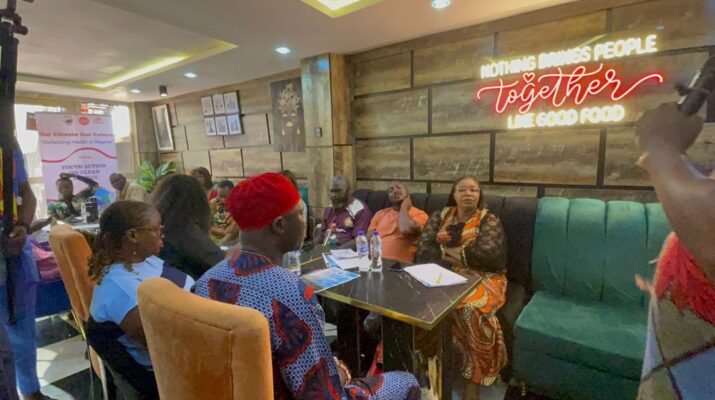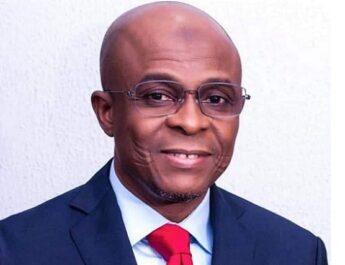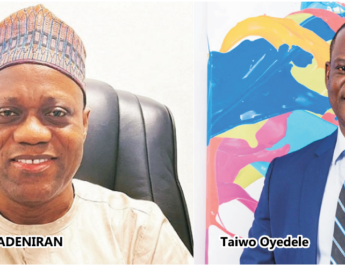Environmental activists and climate crusaders have established a link between sustainable energy through solar and other renewable sources and provision of quality healthcare to transform Nigerian communities, while raising the alarm that continued dependence on, and exploration of fossil fuel will worsen the global climate change crisis
By Edu Abade
In a bid to achieve sustainable energy, improved healthcare outcomes and a brighter future, the Lilbeckking Development Foundation (LIBEDEF) organized a stakeholder meeting to enhance transformative solar energy and restoration of climate projects across Nigeria.
The gathering brought together several participants, including Edo State Director of Climate Change, representatives of the Ministry of Environment and Sustainability, traditional rulers from various communities, Civil Society Organisations (CSOs), Non-Governmental Organisations (NGOs), health care providers and community people.
During the meeting, heads of local healthcare centers spoke passionately about the challenges they face due to unreliable electricity supply, emphasizing how the solar initiative held the key to revolutionizing service delivery.
Speaking at the meeting, Project Lead of LIBEDEF, Destiny Aigbokhae, commended the level of engagement and collaboration of environmental enthusiasts, climate crusaders and stakeholders towards promoting clean energy in communities across the country.
Director of Oghede Primary Health Centre, Mrs. Helen Gregefunwen said: “It is clear that there is a shared understanding of the critical role clean energy and environmental restoration will play in the future of our country. Consistent power supply will allow us to provide quality care and save lives.”
Beyond healthcare services, the stakeholders also recognized the potential for integrating solar power into Nigeria’s agricultural systems, further boosting productivity and food security.
But the initiative doesn’t stop there. In a move to address the pressing issue of climate change, the Enogie of Oghede Community pledged to spearhead a large-scale tree planting campaign, which is set to commence on January 18, 2025.
Also speaking at the event, Director of Climate Change in Edo State, Hon. Kenneth Woghiren, who spoke passionately about loss and damage and how participants could join hands to save the future, commended LIBEDEF for the selfless and impactful project the group has embarked upon.
Leader of Edo State Civil Society Organizations (EDOSCO), Mr. Omobude Agho said: “This will be a welcome ceremony for our solar project and restoration of our climate to protect our environment where the entire community will come together to plant trees and celebrate a brighter, more sustainable future.”
On her part, Executive Director of GWEDO, Comrade Cynthia Bright stressed the importance of moving away from fossil fuel to renewable energy sources and how civil society groups could effectively collaborate with LIBEDEF to make the youth stand for a sustainable environment and better future.
With the backing of diverse stakeholders, this holistic approach to renewable energy (solar energy) and environmental restoration is poised to create transformative change across Nigerian communities.
In his intervention, Executive Director of LIBEDEF, Beckley Irumudomon noted: “We are not just installing solar panels and power, but we are also empowering people, improving lives and safeguarding our planet. This is the kind of impactful, systemic change that Nigeria needs.”
Meanwhile, discussions around energy, its costs and stranded communities has alarming statistics, including decades of oil pollution contaminating the soil, water, and air of the Niger Delta. Climate change disproportionately affects marginalized communities due to patterns of production of dirty energy and consumption patterns as well.
At a one-day webinar was organised by the Health of Mother Earth Foundation (HOMEF) USA hub to examine pressing issues as they affect communities, especially in the Niger Delta, the discussants proposed comprehensive environmental audits, health assessments for affected communities, transition to renewable energy and increased community-led initiatives to address the crisis.
Environmental experts Nicholas Johnson and Executive Director of HOMEF, Nnimmo Bassey discussed the devastating consequences of fossil fuel dependency and climate change on stranded communities. This critical conversation highlighted vital issues, including the disproportionate impact of climate change on vulnerable communities, fossil fuel addiction, and the role of neoliberalism in perpetuating the polycrisis.
Nicholas Johnson stressed that consumption patterns contribute to environmental degradation while stating that solidarity with communities is essential for ecological justice. He further highlighted critical issues, including the intersection of climate change and human rights, the environmental and social impact on communities, pollution cleanup, environmental studies, challenges posed by multinational corporations, grassroots activism, and corporate accountability.
In a statement by Kome Odhomor, HOMEF Media and Communication Lead/Oilwatch Africa Communications Officer, Bassey stressed that environmental degradation undermines human rights, particularly the right to life and highlighted methods to combat climate change, which include learning from communities affected by oil extraction and promoting participatory ecological impact assessments in decision-making.
He also stated that payment of climate debt was the right way to handle climate finance as it would address the origins of climate injustice, just as HOMEF USA noted that the international community must prioritize solidarity with affected communities and support their environmental justice and human rights demands.
The conversations underscored the urgent need for environmental justice, human rights and solidarity with stranded communities.




